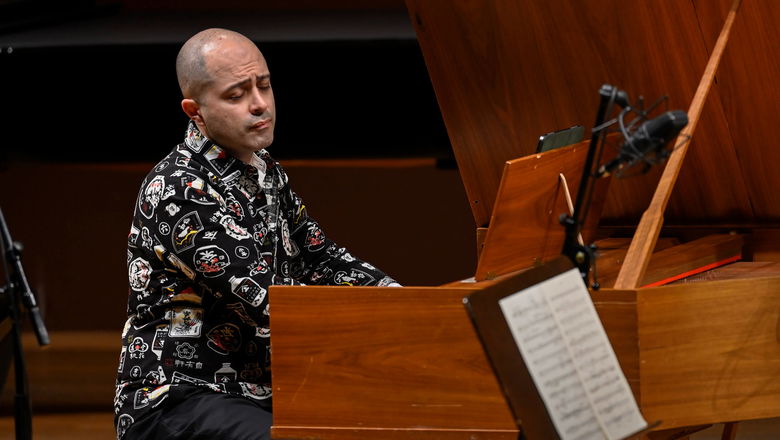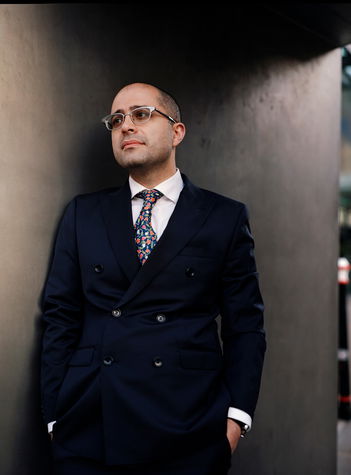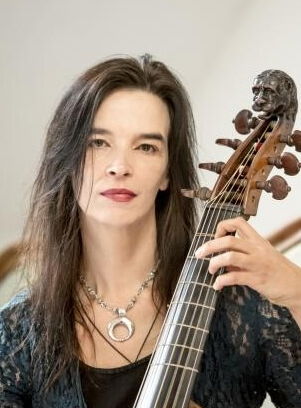Hille Perl, born in Bremen/Germany, is considered to be one of the world's finest viola da gamba players. For more than 30 years she has been helping to bring viol music in Germany, Europe and far beyond into focus. Critics praise "her virtuoso playing full of passion, seriousness and lightness" as well as her talent for improvisation.
Hille Perl decided to play the viola da gamba after hearing a Wieland Kuijken concert at a very young age, when she was five. Since then music is the foremost means of communication between human beings for her, more precise and intense and unmistakable than language, of greater emotional significance than any other experience besides love. To her, music is a means of connecting not only the past and the future but also a way of socially integrating the most conflicting aspects of existence.
Perl has specialized in Spanish, Italian, German, solo and ensemble music of the 17th and 18th centuries, playing the treble viol, the seven-string bass viol, Baroque guitar and Lirone. With her instruments Perl travels the world, playing concerts with different groups or soloizing. She has founded several ensembles, including the Sirius Viols and Los Otros.
Perl recorded many CDs which have earned wide critical acclaim and many prizes, including several German ECHO Klassik Awards and a Deutsche Schallplattenpreis. A couple of years ago she started playing an electric viol, first as an experience for herself, then in concert and finally, she recorded a CD, “Born to be mild” (Sony), together with her daughter Marthe Perl and her long-term musical partner Lee Santana.
In 2017, Perl had her on-screen acting debut in Academy Award-winning Austrian director’s grim family drama/social commentary film, “Happy End.”
When not on tour Perl lives on a farm in northern Germany with her family and some sheep, geese, chickens, three cats and two dogs, lots of trees and also grows vegetables.
She passionately teaches her students at the University of the Arts in Bremen, Germany, everything she knows about music, playing the gamba, and how not to be jealous if someone plays better than you.




